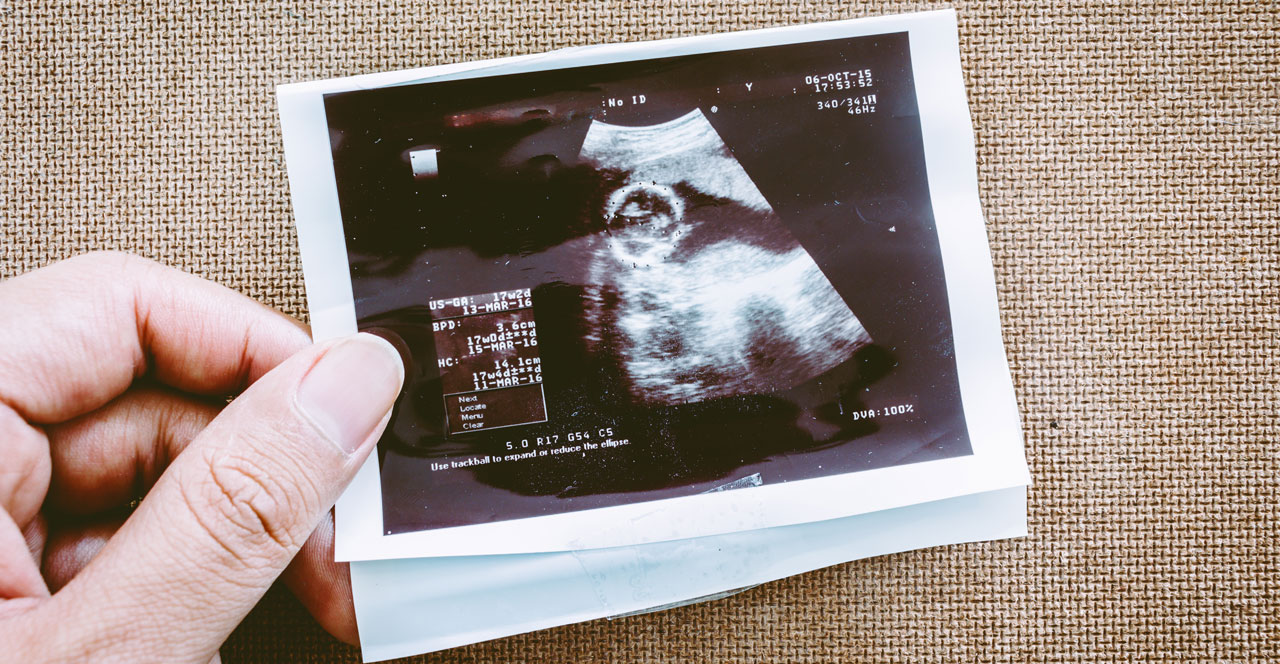WASHINGTON (BP) — Mississippi stands on the verge of enacting the earliest ban on abortions in the United States.
The state’s House of Representatives approved in a 75-34 vote Thursday (March 8) a bill that would prohibit abortions after 15 weeks’ gestation. The legislation — which the Senate passed 35-14 March 6 — will go to Gov. Phil Bryant, who has indicated he will sign it.
The measure will lower Mississippi’s ban on abortions by five weeks from its current 20-week restriction.
Southern Baptist ethics leaders commended the legislature’s action.
Russell Moore, president of the SBC’s Ethics & Religious Liberty Commission, said he is “proud of Mississippi for being proactive in protecting vulnerable children.”
“The abortion industry hides from scrutiny and accountability and preys on women in crisis,” said Moore, a native Mississippian, in written comments for Baptist Press. “I am thankful that Mississippi lawmakers have taken real steps to combat this industry of death and look forward to this bill being signed into law. My prayer is that Mississippi would continue to lead the way for other states in standing up for the unborn, women and communities.”
Kenny Digby, executive director-treasurer of the Mississippi Christian Action Commission, told BP the Senate and House votes demonstrate the state is “concerned about babies who are totally unprotected, and I’m proud of our legislature for putting action to their words.”
With enactment of the new ban, Mississippi “will be the vanguard at being pro-life,” Digby said. The Christian Action Commission is an agency of the Mississippi Baptist Convention.
If the bill is enacted, the fate of Mississippi’s 15-week ban will rest with the federal courts. The U.S. Supreme Court has not ruled directly on the constitutionality of 20-week abortion bans enacted in about 20 states. Since viability of the unborn child is considered to come after 20 weeks, gaining support for a 15-week prohibition from a high court that has protected abortion until fetal viability would appear to be an uphill climb.
Diane Derzis, owner of the state’s only abortion clinic, told The Jackson Clarion-Ledger she plans to file suit if the ban is enacted. Her clinic, the Jackson Women’s Health Organization, performs abortions about 18 weeks into pregnancy, she told the Associated Press.
The Planned Parenthood Federation of America (PPFA), the country’s leading abortion provider, criticized the Mississippi legislation. Mississippi politicians “are trying to impose their beliefs on everyone and control women’s bodies, no matter how many people it hurts,” said Dawn Laguens, PPFA’s executive vice president, in a written statement.
One basis for changing the abortion ban from 20 weeks to 15 is the number of babies that would be saved, Digby told BP. About 200 unborn babies a year are aborted in the state between the 15th and 20th weeks, he said.
In addition, the earlier restriction is “definitely making it safer for the mother,” Digby said, citing “drastic increases in complications with the mother from the 15th week to the 20th week.”
He also pointed to evidence that unborn children feel pain by the mid-point of pregnancy as a reason for a 15-week ban.
While a biblical worldview supports the belief life begins at conception, the Supreme Court’s expansive 1973 Roe v. Wade decision legalizing abortion means “we take what we can get” as pro-lifers, Digby said.
Mississippi’s proposed ban permits two exceptions — one for a threat to the life of the mother or “a serious risk of substantial and irreversible impairment of a major bodily function” of the mother. The other is for a “severe fetal abnormality” that “is incompatible with life outside the womb.”
Abortion doctors often use a technique known as dismemberment or “dilation and extraction” abortion from about 14 weeks of pregnancy into the third trimester, according to NRLC. In the method, a doctor uses instruments such as forceps, tongs, clamps or scissors to cut off or rip off parts of an unborn baby or crush the child’s body.
In the Mississippi bill, the legislature said the intentional performance of such a procedure in elective abortions “is a barbaric practice, dangerous for the maternal patient, and demeaning to the medical profession.”
Mississippi’s 20-week ban is based partly on the capability of the unborn child to feel pain by that point in gestation. Sixteen states have enacted pain-capable abortion bans based on model legislation by the National Right to Life Committee (NRLC). They are Alabama, Arkansas, Georgia, Idaho, Kansas, Kentucky, Louisiana, Nebraska, North Dakota, Ohio, Oklahoma, South Carolina, South Dakota, Texas, West Virginia and Wisconsin. The Ninth Circuit Court of Appeals invalidated Idaho’s law in 2015.
The U.S. Senate rejected a 20-week, pain-capable ban in January after the House had approved it and the White House had indicated its support for the measure.
Ohio and Tennessee have enacted bans for any unborn baby who is determined to be able to survive outside the womb with or without medical assistance. The measure requires a viability test beginning at the 20th week of pregnancy and establishes a state presumption of viability at 24 weeks since the mother’s last menstrual period.
In January, Americans United for Life (AUL) ranked Mississippi seventh in its 2018 Life List of the most pro-life states in the country. The list — which is based on the AUL legal team’s analysis of various protections for life from conception to natural death — rated Arizona, Arkansas, Oklahoma, Louisiana, Kansas and South Dakota ahead of Mississippi.





